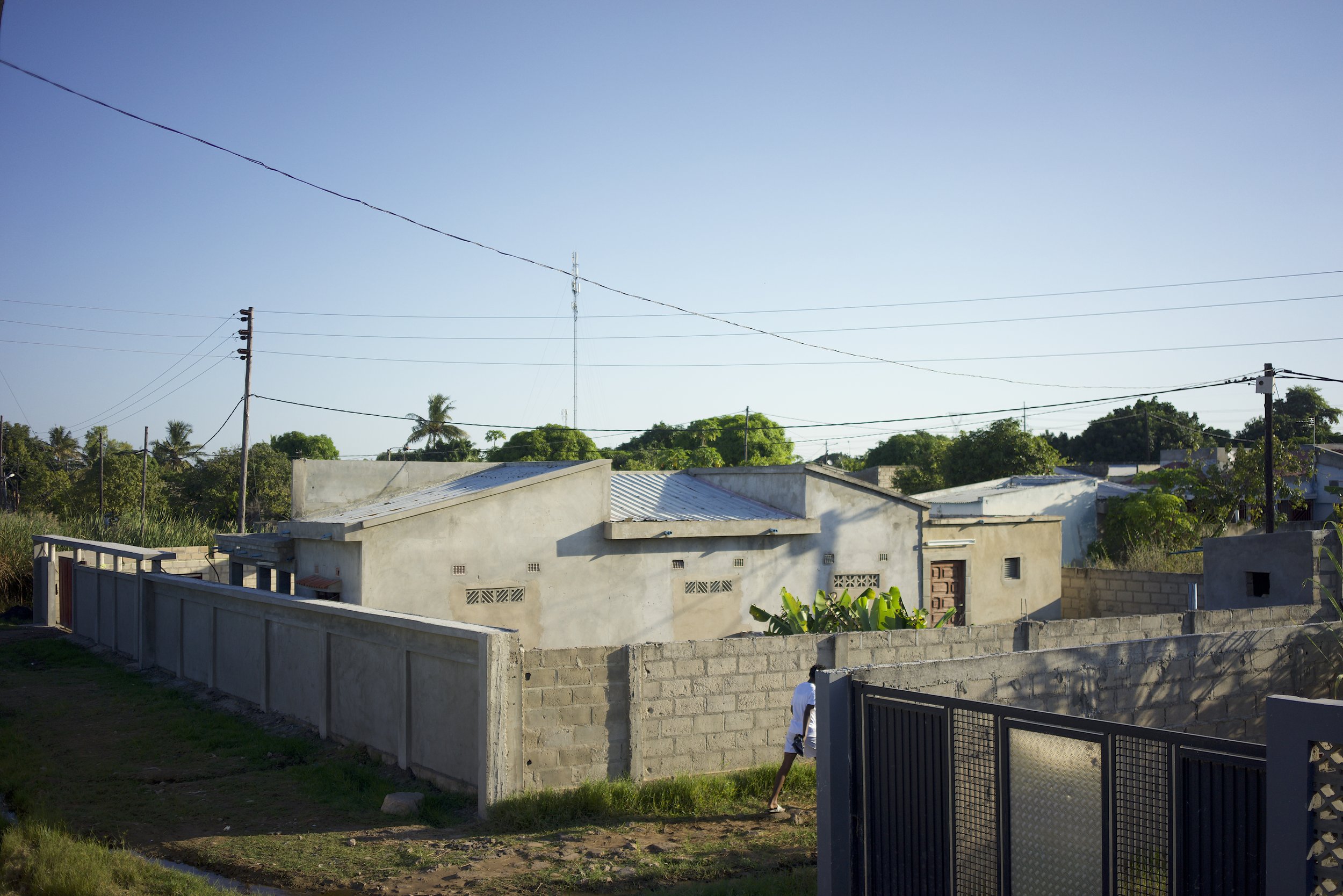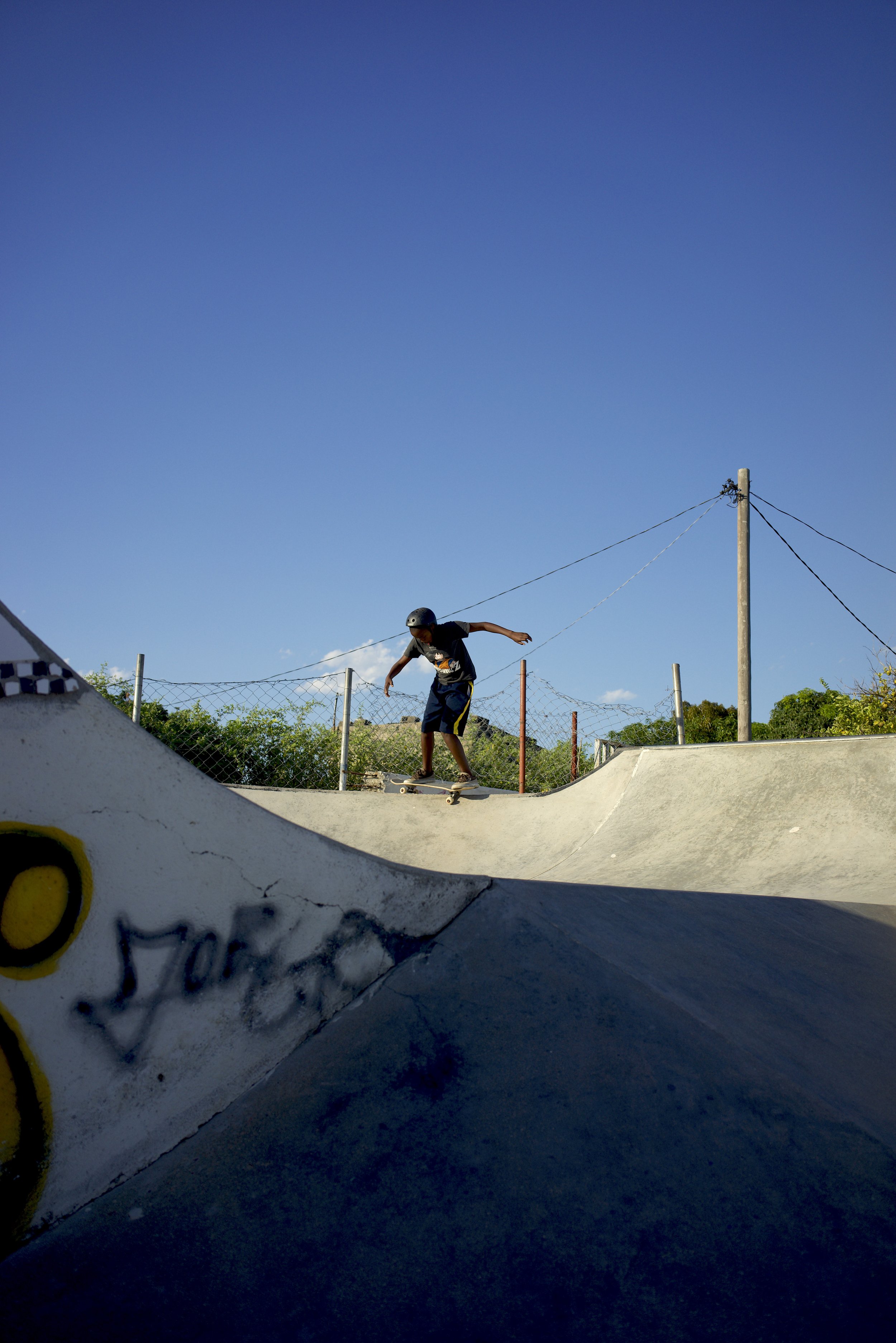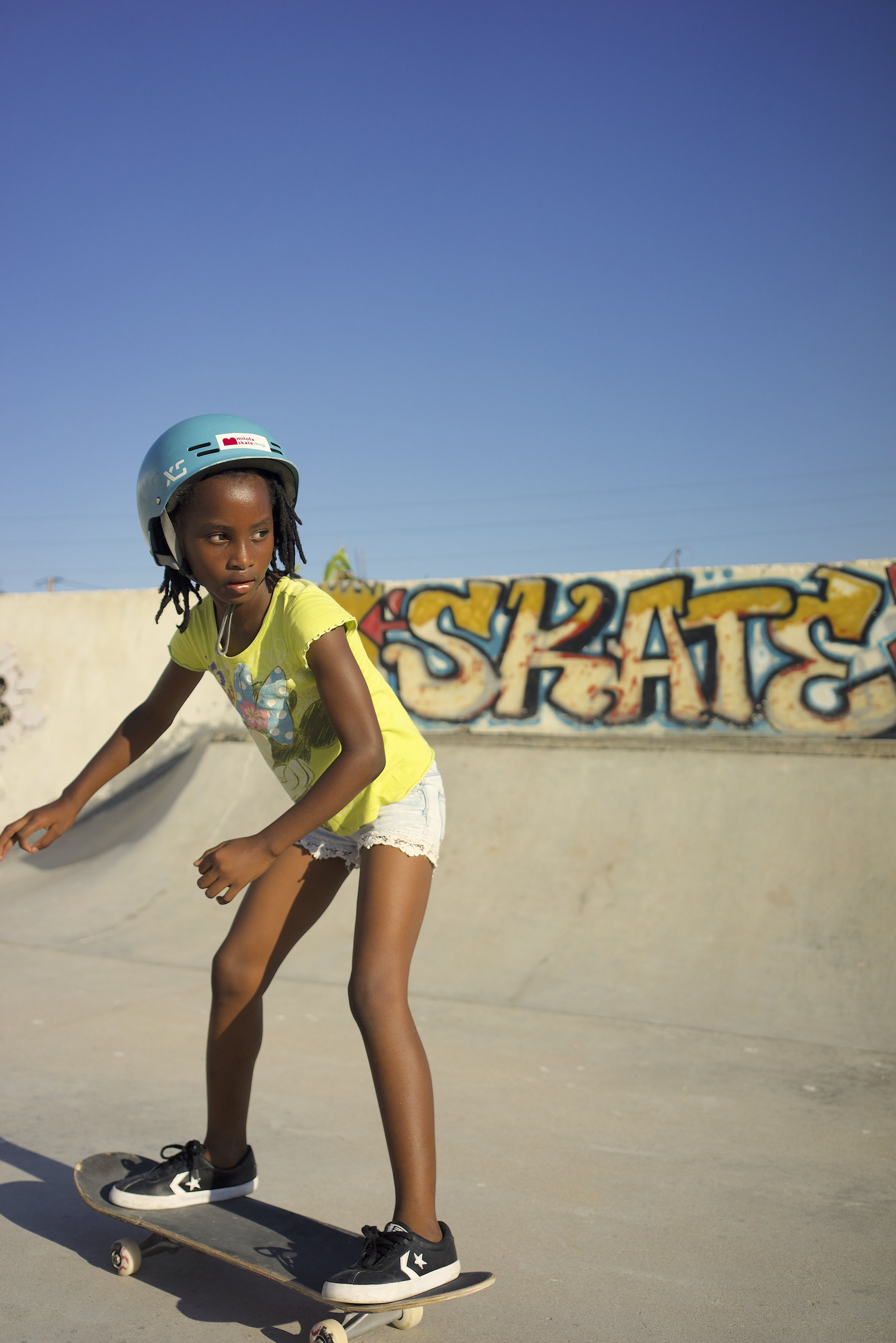Maputo Skatepark
As a result of a 15 year civil war, which saw the death of over a million people and the displacement of millions more, Mozambique is now the 3rd poorest country in the world. Sport and leisure infrastructure is therefore pretty much non-existent, which inevitably has a huge impact on the prospects of its very young population (46% of which are aged under 15). The lack of provision for young people also has consequences for wider society - with high rates of crime and alcoholism being common across the country.
A feeling of abandonment by the government is shared by much of the population, whilst the multi-million dollar stadium that looms over Mozambique’s capital, Maputo sits in stark contrast to the makeshift football pitches used by locals, and makes for a clear illustration of the vast class gap that exists within the country.

This has meant that people have had to take matters into their own hands, birthing a DIY culture of social infrastructure. One such example is that of ‘Maputo skate’, a programme that intends to provide young Mozambicans with an alternative community through skateboarding. Teaching them valuable life lessons about perseverance and hard work, whilst also providing a de facto after school club where they can study too.
Francisco Vinho, the programme's founder, started skateboarding in 1993, he decided to take it seriously and become professional in 2001… “I live the skate life” he proudly tells us whilst surveilling his homemade park, which is now slowly filling up with eager children as the day’s heat begins to ease into a balmy evening.

The skatepark we’re visiting, ‘Luis Vinho’ (Conveniently built in Francisco’s garden) is the first of its kind in Mozambique, a country of approx 31.26 million. The concept was born in 2007 and it would be another 10/11 years before the skate park would be built. The park took 22 days to build from the ground up with the help of not for profit organisations; Skate World Better, Wonders Around the World, SOS Mozambique, Skateboard Association of Mozambique (ASM) and a number of locals too.
The park works hand in hand with local schools and other community projects, providing children aged 5-17 lessons and use of the space completely free of charge. When speaking to Francisco, it's easy to sense the pride he has for the children that attend the centre. Like a proud parent he tells us about one of his alumni who is now working at a French International school giving skateboarding lessons, as well as the young girl who he’s helping to become a documented citizen, which will in turn allow her to begin formal education.
Whilst the progress Francisco has made in his own community is already remarkable, he’s intent on furthering positive change through skateboarding. He’s recently been on a one-man PR campaign, appearing on local news shows, trying to spread the word and change the perception that most Mozambicans have of skateboarding. Whilst most Mozambicans still see skateboarders as a caricature of Bart Simpson - thuggish and boisterous, he wants to show the positive impact the sport can have on young children's prospects, and talks passionately about how it can keep children off the streets, away from drugs and build like minded communities – “our job is to make change, show up the good vibes of skaters”.







